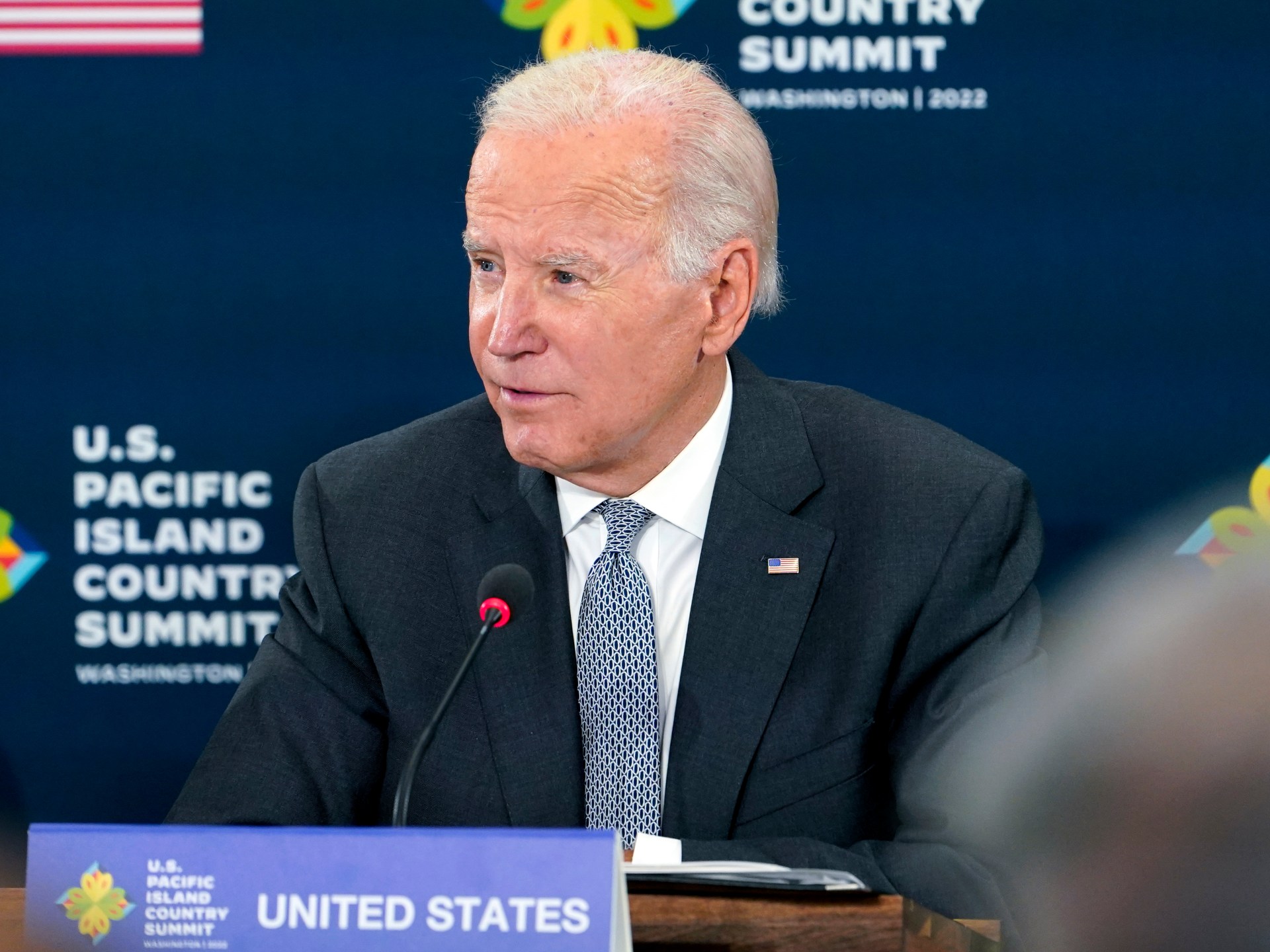New Zealand central bank unveils biggest rate hike in 20 years | Business and Economy
Reserve Bank of New Zealand raises benchmark rate by 50 basis points to 1.50 percent.
The Reserve Bank of New Zealand (RBNZ) raised interest rates by a hefty 0.5 percent, or 50 basis points, to 1.50 percent on Wednesday, its fourth hike in a row as the central bank seeks to tame sharply rising inflation.
All 21 economists in a Reuters news agency poll had expected the RBNZ to hike the official cash rate (OCR) — the rate of interest charged on overnight loans between commercial banks — but only six had forecast a 50 basis-point move. The rest had expected a 25 basis point increase, while financial markets were fully priced for the larger hike.
The central bank said in a statement the hike, which was its biggest rate increase in more than 20 years, was intended to take the cash rate to a more neutral stance and reduce the risk of rising inflation expectations.
“A larger move now also provides more policy flexibility ahead in light of the highly uncertain global economic environment,” the statement said.
The RBNZ has been one of the most aggressive central banks in rolling back stimulus as policymakers seek to get on top of a red-hot housing market and soaring inflation. However, the South Pacific island nation is only now facing the worst of the COVID pandemic, as Omicron cases sweep through the population amid a relaxation of rules.
The minutes of the central bank meeting said the board members agreed that their policy “path of least regret” is to increase the OCR by more now, rather than later, to head off rising inflation expectations and minimise any unnecessary volatility in output, interest rates, and the exchange rate in the future.
The members were also of the view that the cash rate was still stimulatory at its current level.
Imre Speizer, head of NZ markets strategy at Westpac, said it was not an overly hawkish outcome given what the market had been pricing.
“The key point is that they have signalled that the OCR track remains about the same. This is only moderately hawkish, the currency can go up a little bit,” he said.
Following the RBNZ decision, the kiwi dollar added 0.5 percent to $0.6885, but remained well short of its recent five-month high of $0.7034.
The central bank is facing opposing challenges. House prices are falling and business and consumer confidence are taking a hammering. Yet, at the same time, inflation is high and the employment rate is low.
New Zealand is also facing high numbers of cases of the Omicron variant of coronavirus, while the Ukraine war threatens to undermine global growth and further heighten inflationary pressures.




